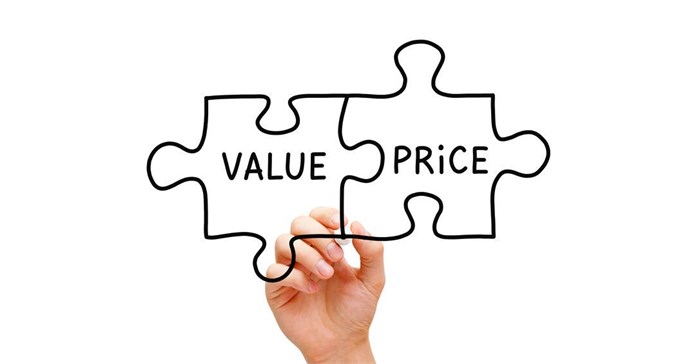
“As long as the purchasing experience offers value and convenience, most customers will pay a premium,” says Greg Gatherer, account manager at Liferay Africa.
“This is especially true of B2B, which is focused on efficiency,” adds Gatherer.
“Focusing on customer experience also puts you in a much better position to weather unexpected changes, and many B2B sellers, who were already focused on customer experience, had some of the best responses to the coronavirus crisis,” he continues.

Digital technology has, of course, played a significant role in allowing more aspects of a brand experience to be convenient, and, to a large extent, the modern urban lifestyle has necessitated the drive towards increased convenience.
For Teljoy, the rent to own provider, convenience has always been central to their offering.
CEO Jonathan Hurvitz says: “Rent to own as a business model is about making products – in the case of Teljoy, appliances, consumer electronics and furniture – conveniently accessible through a flexible model.”
He adds that the rental economy more broadly posits that it is more efficient to rent the items that we need in our daily lives, as opposed to owning them outright.
With rental, the burden of fixing or replacing the item is on the provider and not on the consumer while the consumer continues to enjoy access to the product, without the risk and responsibility that comes with ownership.
“It’s the ultimate minimalist (read: convenient) way of life - eliminating ‘distractions’ to allow yourself the time and energy to focus on what matters most to you. Convenience through access,” says Hurvitz.
Today’s customers are accustomed to getting whatever they want or need – be it in relation to banking or shopping – in a matter of seconds. Everything is just a few clicks away.
“Convenience, quick satisfaction, a seamless experience, speed, and ease of use are all things that today’s consumers demand (and are prepared to pay for),” says Dori-Jo Bonner, Strategist at Striata Africa.
Unlike many other marketing channels, digital has the ability to link the digital world to the physical world, ensuring that customers' expectations are met throughout their purchasing journey.
“Your customers must be directed to the most convenient channel for the information, service, or product they require through personalised, relevant, and secure digital communications,” Bonner shares.
“Consumers demand consistency and convenience from shopping online to taking delivery of their goods. Brands who can successfully achieve this will be rewarded with loyal customers,” says Bonner.
She adds that it is imperative that brands don’t make clients work for the services they provide.
“To guarantee that your messaging is being used to effectively build a layer of convenience for your customer, a well-structured digital communications strategy should prioritise education and awareness,” she adds.
Reagen Kok, CEO of Hoorah Digital, an agency that applies creativity alongside tech and data to drive measurable business results for brands believes that brands that draw on reputable data to inform their digital marketing efforts are even better positioned to offer customers the ultimate convenience.

“A brand’s data capability is central to its ability to evolve with the market, to stay relevant and to keep adding value to customers in an increasingly competitive (global) marketplace - all factors that play a key role in ensuring a brand can deliver on the convenience promise,” he says.
To single out convenience as the ultimate, and only, gold standard for brands looking to meet customers’ needs is ultimately limiting.
Brand experiences are far more nuanced and complex, but it would also be short-sighted to ignore the growing preference for the goods and services of brands that truly embody convenience for the customer.
(*Source: 2020 Deloitte report)